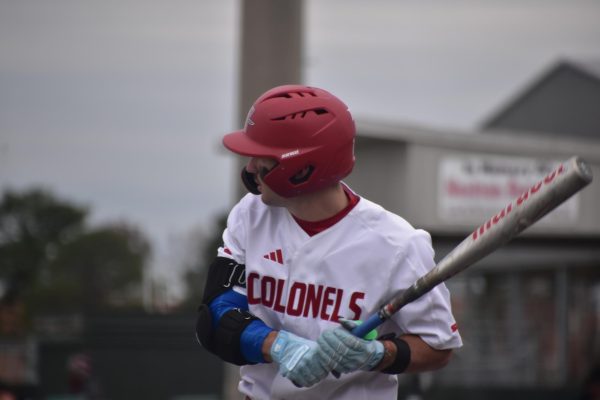Some NCAA rules causing schools more harm than good
The National Collegiate Athletic Association has meaningful rules. However, some of them cost teams a lot of grief.
In my opinion, the NCAA is the third most corrupt sports organization. There is a rule about high school seniors enrolling in January instead of August so they can participate in team activities early, in which they can sign financial agreements. This binds the program to honoring the scholarship offers. However, the agreements do not bind the player to the school, as the National Letter of Intent does.
In Dec. 2013, the NCAA adjusted the rule, making the program that first signs the prospect to a financial aid agreement allowed to publicize the signing and free to contact the player. What they did not mention was the potential case of a player changing their mind about attending the school. Athletes cannot go to school without a scholarship, and they cannot play without a school.
Recently, the Louisiana State University football team was hit with sanctions from the Southeastern Conference that prohibits them from signing early enrollees to financial aid agreements for two years and are now stripped of 10 percent of their recruiting evaluations.
An unknown recruit signed the financial aid agreement with LSU intending to enroll early in January, but he decided not to enroll at the school. This made some of the contact with the recruit illegal. This nice gesture turned in to something terrible.
A rule that needs to be adjusted is athletes signing autographs that will possibly later be sold for money. Last football season, University of Georgia runningback Todd Gurley was under NCAA investigation for whether or not he accepted money in exchange for signing autographs that would violate the extra benefit rule. What if the player did not know of the plan behind the autograph? How can they be held accountable for someone else’s action?
This rule was made to prohibit players from accepting compensation for their likeness and the punishment is severe. If the athlete is caught, they can face immediate suspension. Depending the outcome of the investigation, it might end the guilty party’s college career and hurt their future as a professional player. It is necessary, but it could be a rule that the NCAA will adjust in the future. Until then, college athletes will have to abide by the rules that were set for them.
My beef with the NCAA is they are missing the cases that have the most impact. They punish players for signing autographs and the money that was made off of their signature and consider that a major problem. A real major problem was a concussion scandal that was set off last year and was somehow not investigated. A concussion is serious more serious than an autograph. Rules are meaningful, but there is a fine line between major and minor rules.



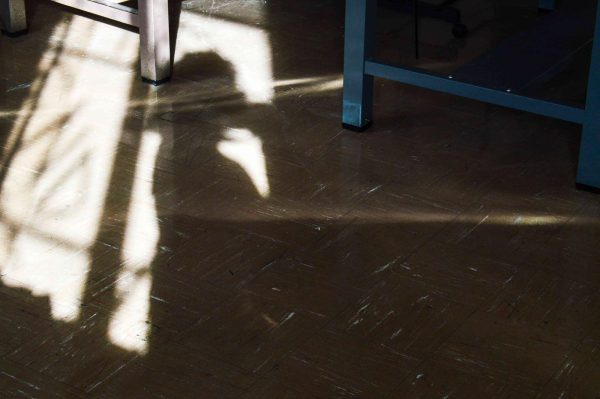



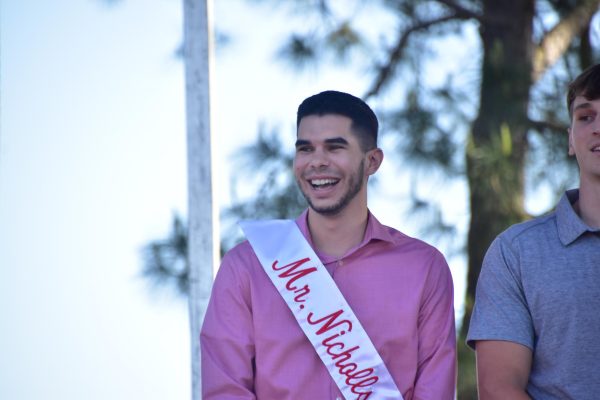
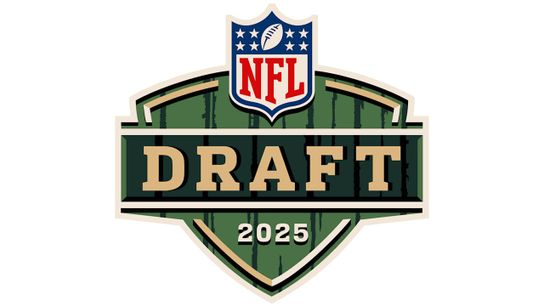
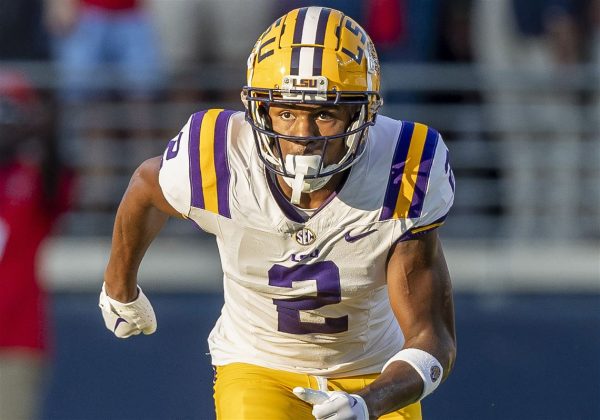
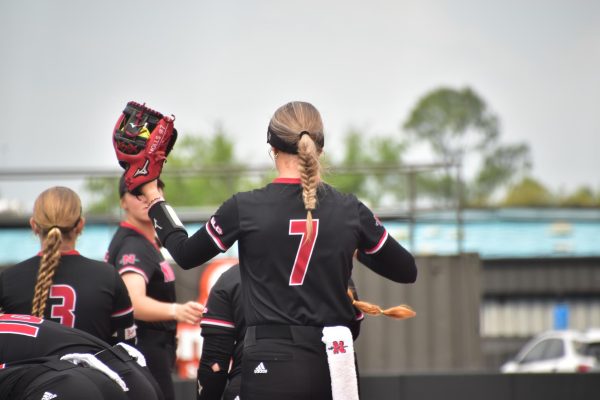
![Assistant coach Cody Livingston [#53] talking with pitcher Nico Saltaformaggio [#38] on the mound(5/12).](https://thenichollsworth.com/wp-content/uploads/2024/05/LivingstonNicoHuddle-vs-Lamar-600x400.jpg)
